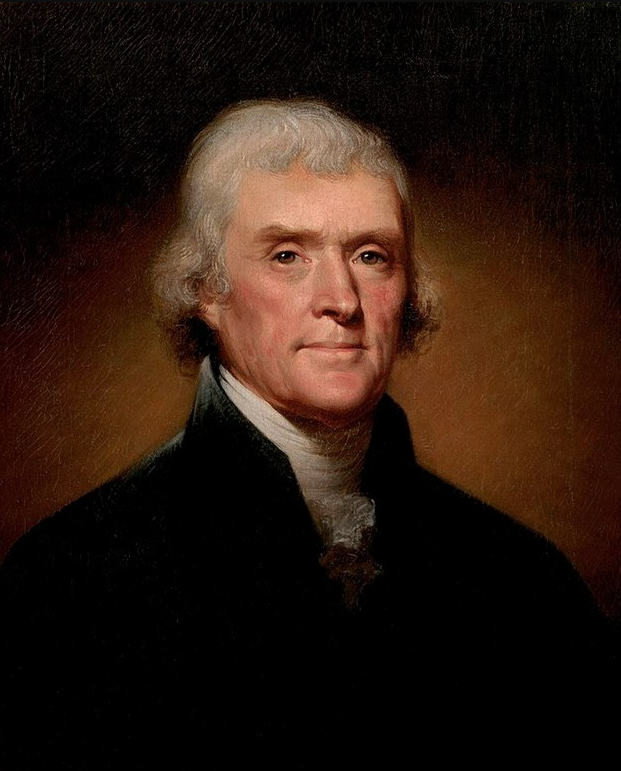In the annals of American history, the presidential election of 1800 stands as a pivotal moment. It marked not only the peaceful transition of power from one political party to another but also the triumph of democratic ideals over the specter of authoritarian rule. At the heart of this historic election were two towering figures: Thomas Jefferson and Aaron Burr.
The Political Landscape of the Early Republic
The election of 1800 unfolded against the backdrop of a nascent nation grappling with its identity and future direction. The United States, fresh from its independence, faced formidable challenges, both domestic and foreign. Political factions had begun to crystallize, with Federalists advocating for a strong central government and Republicans championing states’ rights and agrarian interests.
The Rise of Thomas Jefferson
Thomas Jefferson emerged as a leading voice within the Republican camp. His authorship of the Declaration of Independence and tenure as Secretary of State under President George Washington elevated his stature among his peers. Jefferson’s vision for America emphasized individual liberty, limited government, and the expansion of westward territories. These principles resonated deeply with many Americans, particularly those in rural areas.
Aaron Burr: A Political Rivalry Intensifies
Meanwhile, Aaron Burr, a charismatic and ambitious figure, pursued his own political ambitions. As a Democratic-Republican, Burr shared some ideological common ground with Jefferson but harbored distinct personal ambitions. His quest for power often led him into conflict with Jefferson and other party members, setting the stage for a contentious electoral showdown.
The Election of 1800: A Bitter Struggle
The presidential election of 1800 unfolded amid intense partisan fervor and heated rhetoric. Federalists sought to portray Jefferson as a dangerous radical, warning of dire consequences should he ascend to the presidency. Conversely, Republicans lambasted the incumbent President John Adams and his administration for perceived overreach and encroachments on individual liberties.
The Role of the Electoral College
In the early republic, the Electoral College wielded significant influence in determining the presidency. Each state appointed electors who cast their votes for president and vice president. The intricacies of this system added layers of complexity to the electoral process, with outcomes often uncertain until the final tally.
READ : Thomas Jefferson: Winning the Presidency Over Aaron Burr
The Tiebreaker: Alexander Hamilton’s Intervention
As the election results poured in, it became clear that Jefferson and Burr had each garnered 73 electoral votes, necessitating a tiebreaker in the House of Representatives. In a dramatic twist of fate, Alexander Hamilton, a longtime rival of Burr and staunch Federalist, threw his support behind Jefferson, viewing him as the lesser of two evils. This endorsement tipped the scales in Jefferson’s favor, securing his victory and relegating Burr to the vice presidency.
The Legacy of the Election of 1800
The election of 1800 heralded a new era in American politics, marked by the peaceful transfer of power between rival factions. Thomas Jefferson’s ascension to the presidency signaled a triumph for democratic principles and the will of the people. His administration would go on to implement policies that shaped the course of the nation, from the Louisiana Purchase to the expansion of educational opportunities.
In conclusion, the election of 1800 stands as a testament to the resilience of American democracy and the power of informed citizenry. Through the ballot box, the nation reaffirmed its commitment to self-governance and individual freedoms, paving the way for a brighter future. As we reflect on this historic milestone, let us remember the enduring legacy of Thomas Jefferson and the enduring values he championed.


